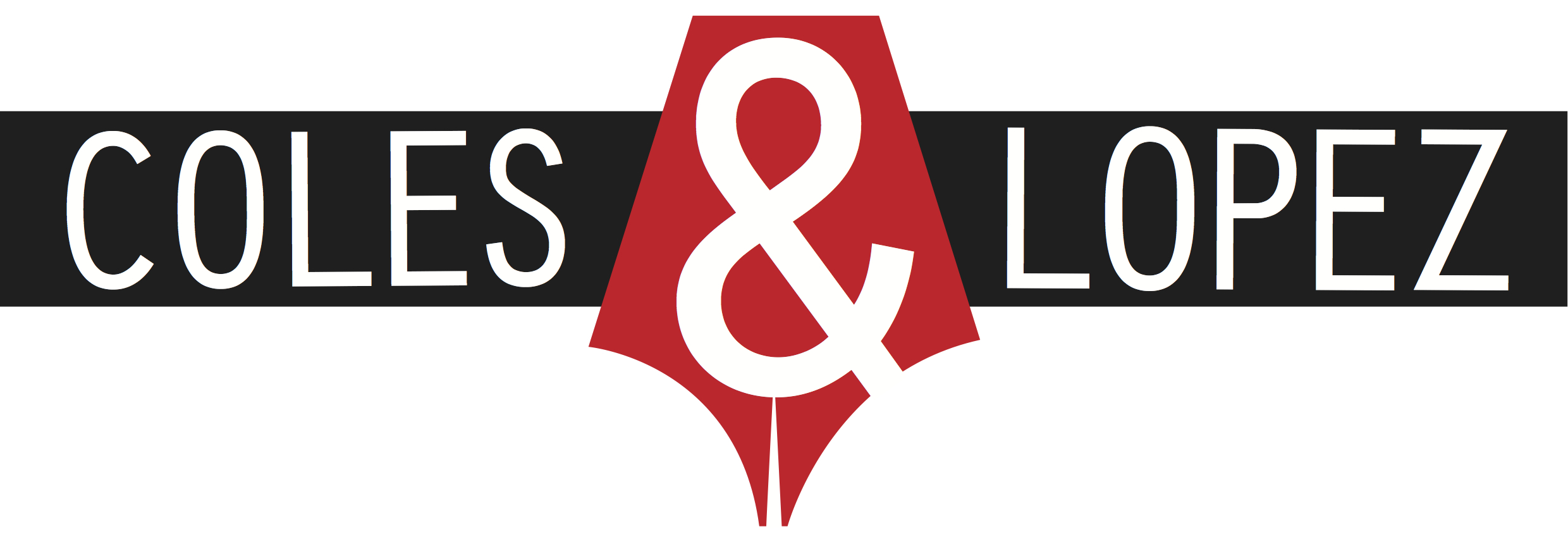Editing services
Coles & Lopez offers copy-editing and proofreading, for print or digital copy.
We’ve worked with:
state agencies (including the Ministry of Business, Innovation & Employment, the Ministry of Health, the Department of Conservation, and Government House);
corporations (including Z Energy and Transpower);
publishers (including LexisNexis, Beatnik, Huia, and Lawrence & Gibson);
educational institutions (including Victoria University of Wellington – Te Herenga Waka and Western Sydney University);
local government agencies (including Hutt City Council, Napier City Council, Wellington Regional Economic Development Agency, and Waitematā District Health Board);
not-for-profit organisations (including the Mental Health Foundation, Fulbright New Zealand, and the Cornwall Park Trust Board).
Copy-editing
Well-edited text is a pleasure to read. It’s efficient; it’s effective; it’s beautiful. It conveys the message it sets out to. It demonstrates your authority, your professionalism, and your worth. It connects you to your readers.
Copy-editing is also variously known as content editing, sub-editing, or line editing.
At Coles & Lopez, when we copy-edit, we look at your text sentence by sentence to make sure it does what you need it to do. We can:
check that your content is appropriate for your specified (or likely) readership, in terms of length, subject-matter, tone, and so on;
translate jargon into plain English, making your text more readable and ultimately more accessible;
review your text from a sensitivity lens, making sure that your message is in line with current cultural expectations and eliminating the potential for misunderstanding;
check your vocabulary choices (for example, making sure that you don’t say ‘disinterested’ where you mean ‘uninterested’);
check that your real-world facts are accurate (for example, that you spell people’s names correctly and cite dates correctly);
check your internal consistency, in terms of voice, tone, and style (for example, that you consistently either use or don’t use the Oxford or serial comma);
check your spelling, grammar, and punctuation – noting that Word’s squiggly lines don’t always get these right in context, or for your specific audience;
apply your organisation’s style guide (which will include context-specific rules where there is more than one correct option, such as whether to use single or double quotation marks);
collate a project-specific style sheet, listing the style decisions we have made and applied in instances outside the style guide’s remit.
Proofreading
You need a proofreader when your book or document is almost ready to be published. Proofreading is the final step after the text has been written, edited, and typeset/designed: that is, when the page looks like it will when your reader holds the book in their hands or looks at your webpage. As proofreaders, we look at that page as a whole. In this sense, we check:
that there are no remaining egregious errors (for example, typos) in the text, in terms of content and consistency;
against the edited text you supplied to the designer, to make sure that all your text is there in the finished copy, where it should be;
for formatting errors (for example, incorrect page numbers or inconsistent heading styles); and
for text that looks ugly on the page (for example, bad line breaks and widows/orphans: one line of text by itself at either the top or the bottom of the page).
Other services
At Coles & Lopez we also really enjoy helping self-publishing authors develop their fiction or non-fiction manuscripts. We are experienced manuscript assessors, and we would be honoured to work with you to help you arrive at a piece of work that you’ll feel confident about sending to an agent or publisher.

